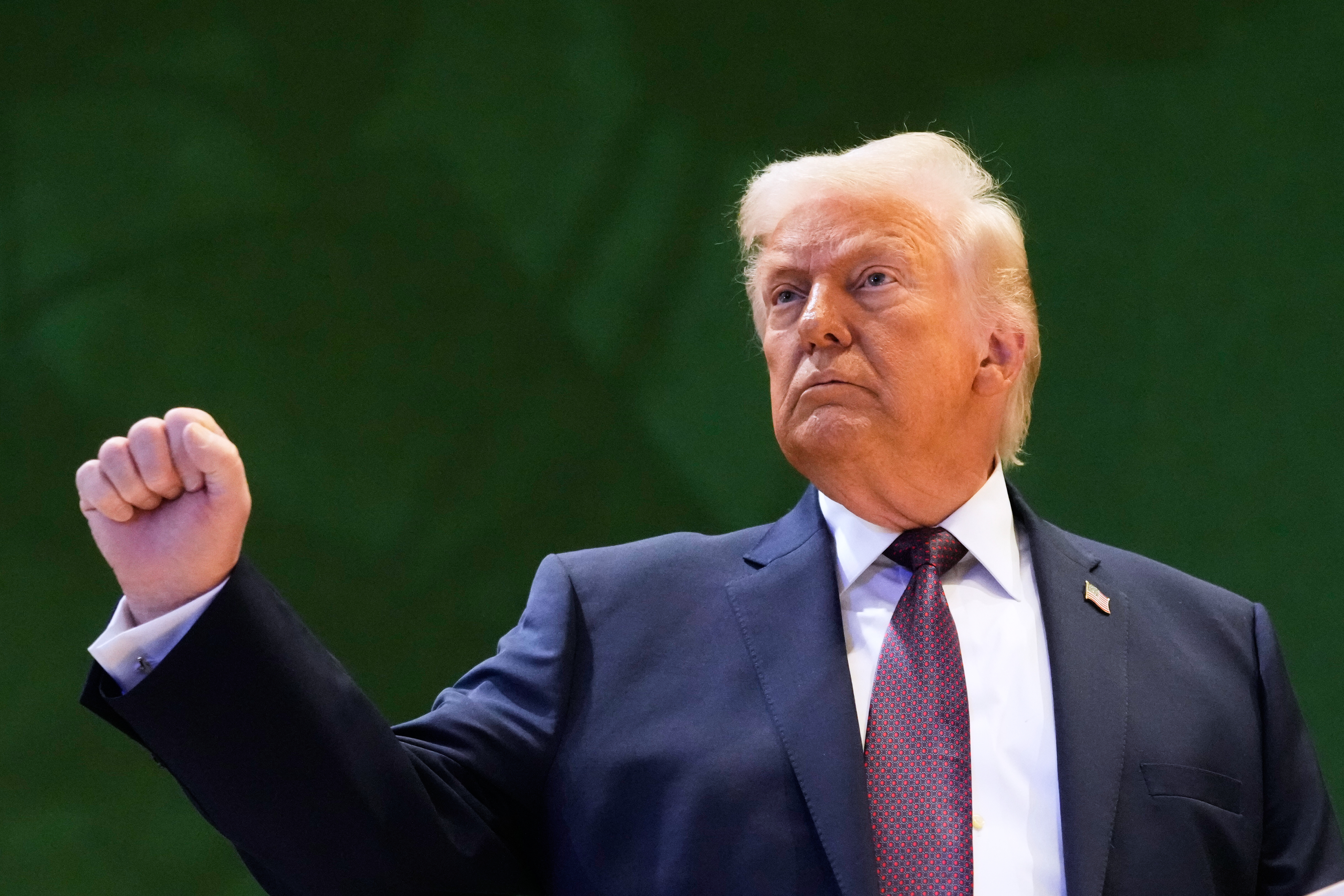That buzzing sound overhead — it's a drone. Some cities in the U.S. are looking to drone technology to help enforce social distancing measures, but it may come at the cost of personal privacy.
"This is a public health announcement. This is the Chula Vista Police Department Homeless Outreach Team working with the County of Public Health and Human Services public health nurse."
Chula Vista in Southern California is using drones to notify homeless populations about food pickup and health services.
Westport, Connecticut, tested a drone program, too. Its police department teamed up with drone company Draganfly Inc. to equip its fleet with "specialized sensors and computer vision systems" that can show whether someone is breaking social distancing rules.
Those drones have deep learning systems that can reportedly tell when someone is exhibiting COVID-19 symptoms like fever from up to 190 feet away and detect when someone in a crowd is coughing or sneezing.
And police departments in countries like France, India and Mexico are fighting COVID-19 with drones, too.
But in the U.S., drone monitoring is being criticized by privacy advocates. Westport quickly ended its program after the ACLU and other groups objected to the plan.
ACLU of Connecticut Executive Director David McGuire said part of the problem with the program was that it was never made clear to the public what, if any, data would be collected.
"This was just kind of thrust upon the community. As far as we saw, there was very little thought about what they're going to do with this data. And this is sensitive data."
McGuire also questioned how useful a fever-detecting drone would be at curbing the spread of COVID-19.
"Some people question the accuracy of these. Other people question whether they’ll be effective, because people could either be asymptomatic or have a fever for another ailment. So, really, are we needing this? Is it really going to help us?"
With high-tech surveillance under review, for now, police departments are using drones to survey public areas and relay messages reminding people to practice social distancing.
"What we believe is that the government ought to be focusing on testing and treatment for COVID first, not necessarily in technologies like this."











